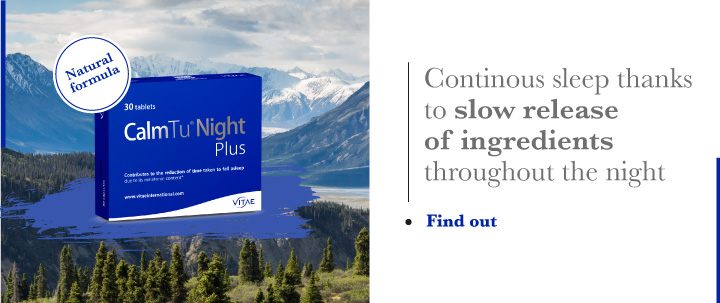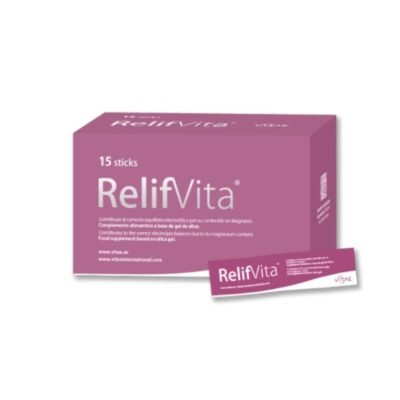In the summer season and with the arrival of good weather, we began to change our routine quite a bit. We usually eat away from home, copious meals and at different times than usual, we go to sleep later, etc. All this set of changes implies that circadian rhythms are affected, therefore, they can influence important functions of our body, such as eating habits and digestion.
Circadian rhythms are physical, mental and behavioral changes that occur throughout the day in our body. They are mainly synchronized by the cycle of light and dark, social interactions, food and physical exercise. They regulate the production of various hormones throughout the 24-hour cycle.
Circadian rhythms are often in sync with light and dark cycles, but can also be in sync with eating and digestion . Changes in eating schedules can result in disrupting the normal rhythm of bowel function and lead to gastrointestinal problems.
Juan Antonio Madrid, professor of physiology and chronobiology at the University of Murcia, talks about the internal time associated with the biological clock of the brain: “It makes it easier for us to sleep at night and be awake during the day, for cortisol to rise first thing in the morning and melatonin at night…” But there is another factor called external social time , which must be taken into account and it is working hours, meal times, leisure hours. And also an external environmental time , which is related to the phases of light and darkness generated throughout the day.
When these three times do not go hand in hand, sleep problems, digestive and metabolic disorders, fatigue, lack of concentration, aging or cardiovascular disorders appear. So that the three times that exist can go in sync there are some guidelines that could be followed to achieve our well-being:
Exercising – first hour and outdoors
We make our body wake up for all the tasks that the day brings us and also come into contact with clarity, so the internal clock adjusts so that the body gives its best at that time of day.
Concentration tasks – best in the morning
It is important that we are in contact with daylight during the first 4 hours of the morning, so that our body stops producing melatonin and the brain is alert.
Food: have breakfast at 8, lunch at 1 and dinner at 8
In order to promote healthy intestinal flora, it is necessary to maintain regular meal times. According to Eduard , a doctor and neurophysiologist who is an expert in sleep medicine, and Carla Estivill , a doctor in chemical sciences and phytotherapy, they say that the composition and functioning of the microbiota are not the same during wakefulness as at night, when the body needs to fast. This allows the fermentation of the fibers to enrich and diversify it with specific bacteria, different from those that are activated during the day.
When there are changes in meal times, it can cause everything from digestion problems to food malabsorption , inflammation and even allergies.
Leisure time – from six o’clock
Leisure time
Having a social agenda helps stimulate the well-being hormone, and reduces stress. Although so that our biological clock is not altered, they must be within a specific time. If the working day ends at 6 in the afternoon, there will be two hours in which you can enjoy seeing your friends without distorting your body’s schedules.
Vitae solution
At Vitae we care about your health, and as you have read before, circadian rhythms can be altered as soon as there is a change in your routine. That is why, from Vitae, we want to help with a combination of products:
- ReConnect is a food supplement based on NADH, coenzyme Q10, serine and vitamin C, and thanks to the synergy between these ingredients it helps to improve physical and cognitive performance and regulate the sleep-wake cycle for these circadian rhythm disturbances. increases the ability to manage stress, reduce fatigue.
- VitaDigest Enzymes is a food supplement based on 3 bacterial strains: Lactobacillus gasseri KS-13, Bifidobacterium bifidum G9-1, Bifidobacterium longum MM-2, which contributes to the modulation of the intestinal microbiota and the body’s defenses and four digestive enzymes: amylase, lipase, protease and lactase.
- CalmTu Night Plus is a food supplement based on standardized and titrated extracts of valerian, passion flower, california poppy, lemon balm and melatonin that contributes to the regulation of the sleep-wake cycle, favors the improvement of sleep quality and its duration when it is not optimal and provides relaxation in states of anxiety and stress.
In conclusion, following a regular schedule in our day to day will be the best to avoid altering our circadian rhythms, be it sleeping or waking up at a specific time, not varying the hours when you eat, when you exercise, etc. since if you do the opposite, the circadian rhythms can play a trick on you.













